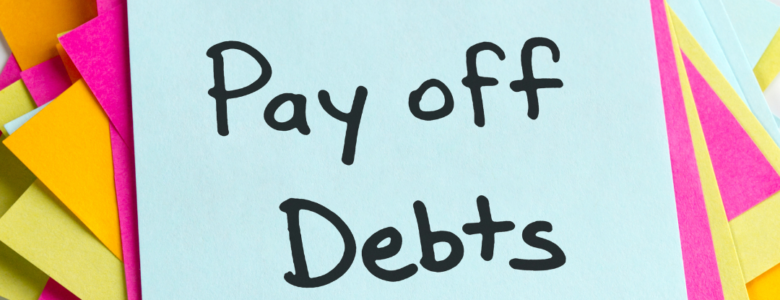Are you struggling with high levels of debt? Are you a homeowner who has been searching for a way to pay off your debt and improve your financial situation? If so, a reverse mortgage
may be a viable option for you.
Reverse mortgage payments are a helpful financial tool for homeowners to access their home equity and pay off debt. This blog post covers how these payments work, their benefits and drawbacks, and how to decide if they’re right for you.
How Does a Reverse Mortgage Help Pay Off Debt?
When homeowners take out a reverse mortgage, they receive cash based on the equity in their home. This cash can be used for any purpose, including paying off debt. Homeowners can lower their monthly expenses and improve cash flow by using reverse mortgage payments to pay off high-interest debt like credit card debt or medical bills.
For example, suppose you have $50,000 in credit card debt with an average interest rate of 18%. Your monthly minimum payment is $1,000. By using a reverse mortgage to pay off this debt, you could potentially reduce your monthly expenses by $1,000 or more, depending on the terms of the loan.
Benefits of Using Reverse Mortgage Payments to Pay Off Debt:
- Lower Monthly Payments: Using a reverse mortgage to pay off high-interest debt can lower your monthly expenses and improve your cash flow.
- No Monthly Mortgage Payments: With a reverse mortgage, you do not make monthly mortgage payments to the lender. This can be a significant benefit for homeowners who are struggling to make ends meet.
- Tax-Free Cash: The cash you receive from a reverse mortgage is tax-free, which means you do not have to pay taxes on the money you receive.
- No Credit Score Requirements: Reverse mortgages do not have credit score requirements, which means homeowners with low credit scores can still qualify for the loan.
- Flexible Payment Options: Reverse mortgages offer several payment options, including a lump sum, monthly payments, or a line of credit. Homeowners can choose the option that best suits their needs.
Drawbacks of Using Reverse Mortgage Payments to Pay Off Debt:
- Higher Interest Rates: Reverse mortgages typically have higher interest rates than traditional mortgages. This means you will pay more in interest over the life of the loan.
- Reduced Equity: When you take out a reverse mortgage, you are using the equity in your home to obtain cash. This means you will have less equity in your home than you did before.
- Fees: Reverse mortgages can come with fees, including origination fees, closing costs, and mortgage insurance premiums. These fees can add up quickly and reduce the amount of cash you receive.
- Loan Repayment: The loan becomes due when the homeowner moves out of the home, sells the home, or passes away. Eventually, the loan will need to be repaid through the sale of the home, using other assets, or refinancing.
A reverse mortgage can be a useful tool for homeowners who are struggling with high levels of debt. By using reverse mortgage payments to pay off debt, homeowners can reduce their monthly expenses, improve their cash flow, and enjoy tax-free cash.
However, before you decide to take out a reverse mortgage, it is essential to weigh the benefits and drawbacks carefully. Consider your age, equity, debt, financial goals, and housing plans to determine if this option is right for you.
Consulting a financial advisor or reverse mortgage counselor is advisable before considering a reverse mortgage to make an informed decision. While a reverse mortgage can benefit some homeowners, it may not be suitable for everyone. By evaluating your options and seeking expert advice, you can make the best decision for your financial situation.








